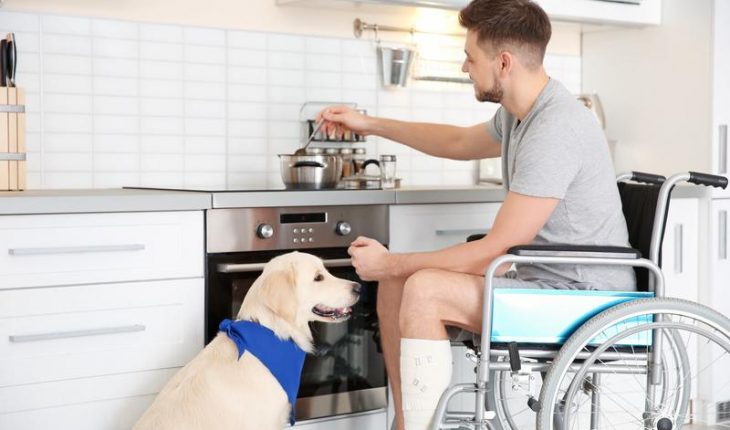Being forced into a wheelchair by illness or injury will mean a radical change to your future. Our mobility is one of the constants of our perspective, and a sudden shift in our ability to get around on our own can mean that our future adventures won’t happen the way we expected. Here are some mental difficulties that can persist when adjusting to life in a wheelchair.
Processing Grief
Understanding yourself as a differently-abled person will take time. You may face odd shocks such as the inability to reach an object on a shelf that you’ve unthinkingly accessed each day. Getting out and connecting with friends will require adjustments to make sure there’s room for the chair when you get there. Your own home may need to be modified. A great deal of your life will change, and you deserve the time it will take to make that adjustment.
A New Set of Obstacles
Getting ordinary errands done will take more time and effort. You may need to call ahead to confirm access. While ADA requirements mean that you should be able to go where you need and shop as you once did, store displays and end caps can make accessing the items you need a real challenge. Be ready to speak up. If you can’t access an item, say something. If you feel unheard, be ready to change your shopping loyalty to an organization that makes it easy for you to do what you need to do. Just because a portion of your anatomy doesn’t do what it used to do doesn’t mean you have to be voiceless or ignored.
Strain and Discomfort
Maneuvering around in a manual wheelchair will put additional strain on your hands, arms and upper back. You may need to increase the strength of your upper body to get where you need to go. Plan ahead to make sure that you’re not facing any steep grades to get to the building so you can safely get away under your own steam. After a hard push, take the time to stretch your upper back, arms and neck. You may be able to make minor adjustments to reduce strain on your arms and shoulders.
Let Others Help
The idea of asking for help can be quite humbling. However, it can contribute to your safety. You don’t want to be reaching up to get your coffee from the to-go shelf and wind up wearing it, particularly if you have any sensation loss. If someone offers to help, let them. Don’t be afraid to rely on your old friends for new assistance. They want to be there for you, but they may not know how to offer.
Building a new normal takes time. Your habits and activities will have to change. However, you don’t need to do it alone. Reach out and socialize whenever and wherever you can as you gain confidence in your new life.




